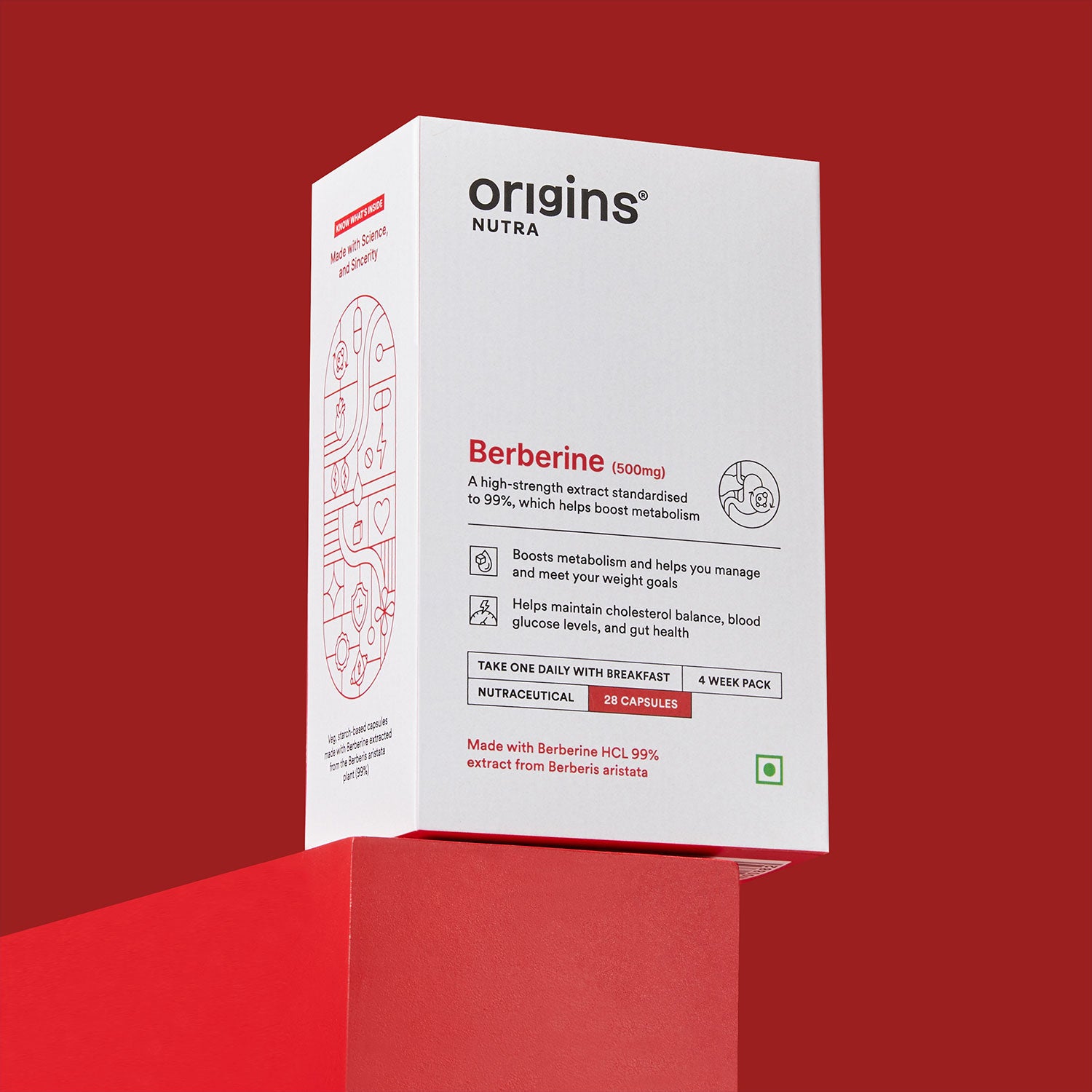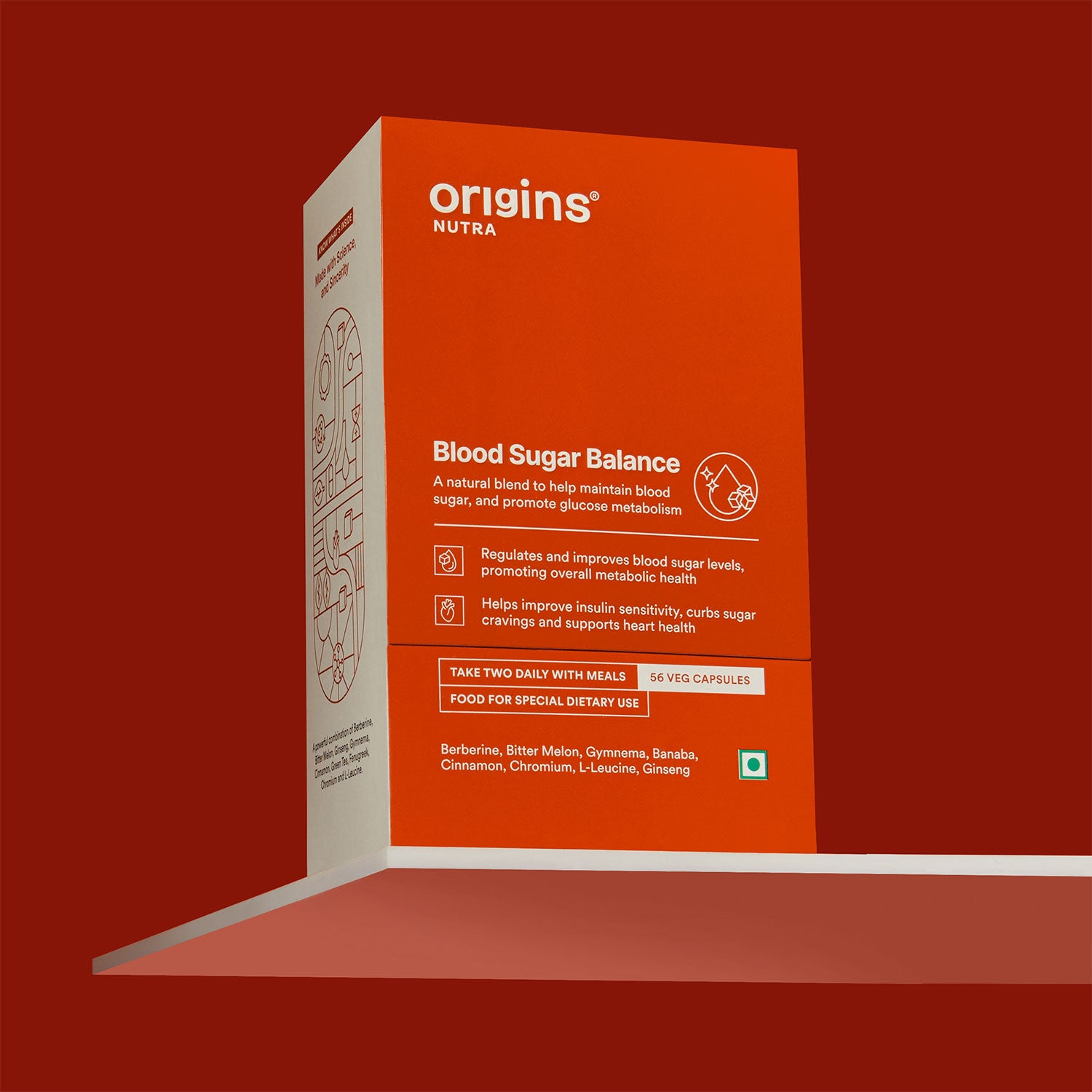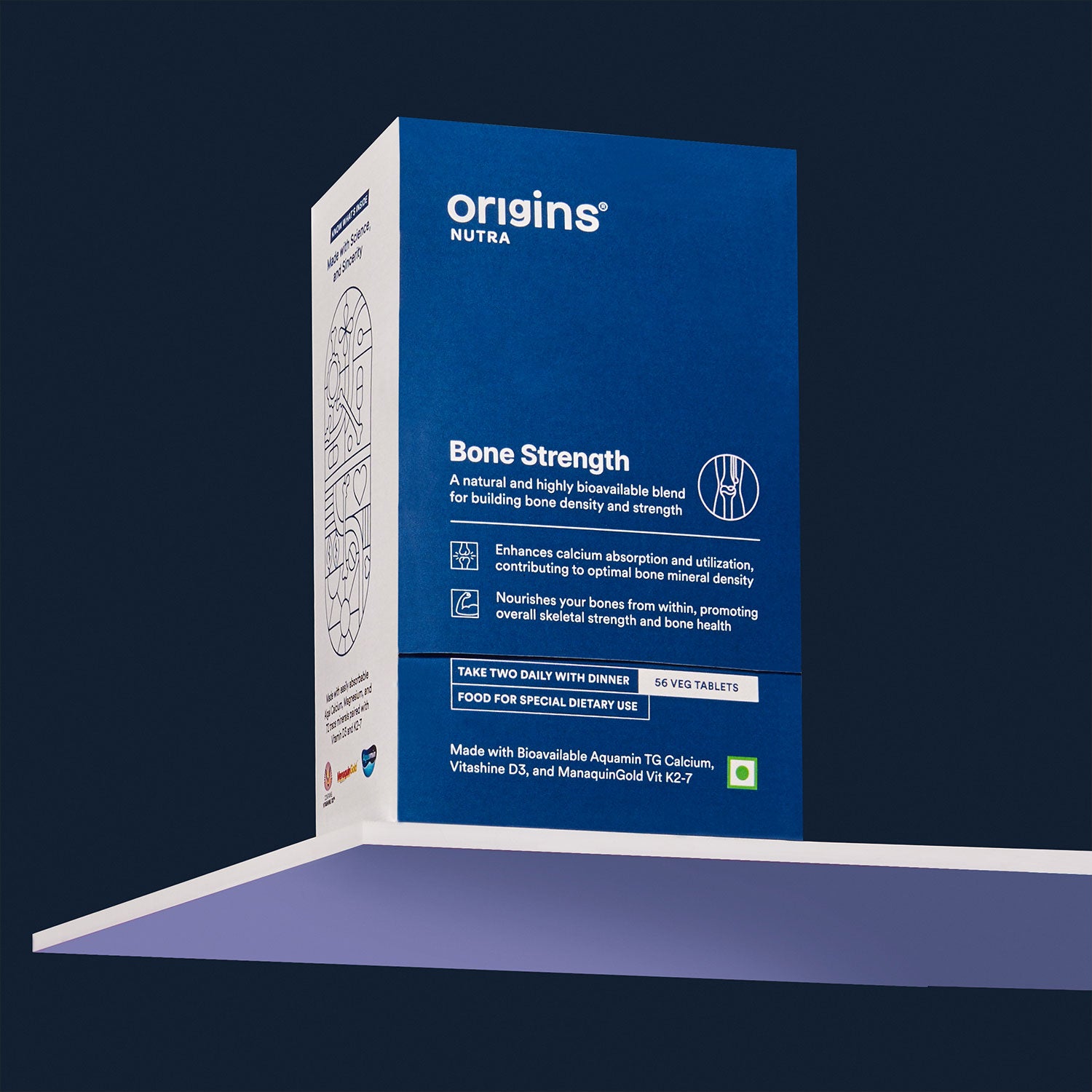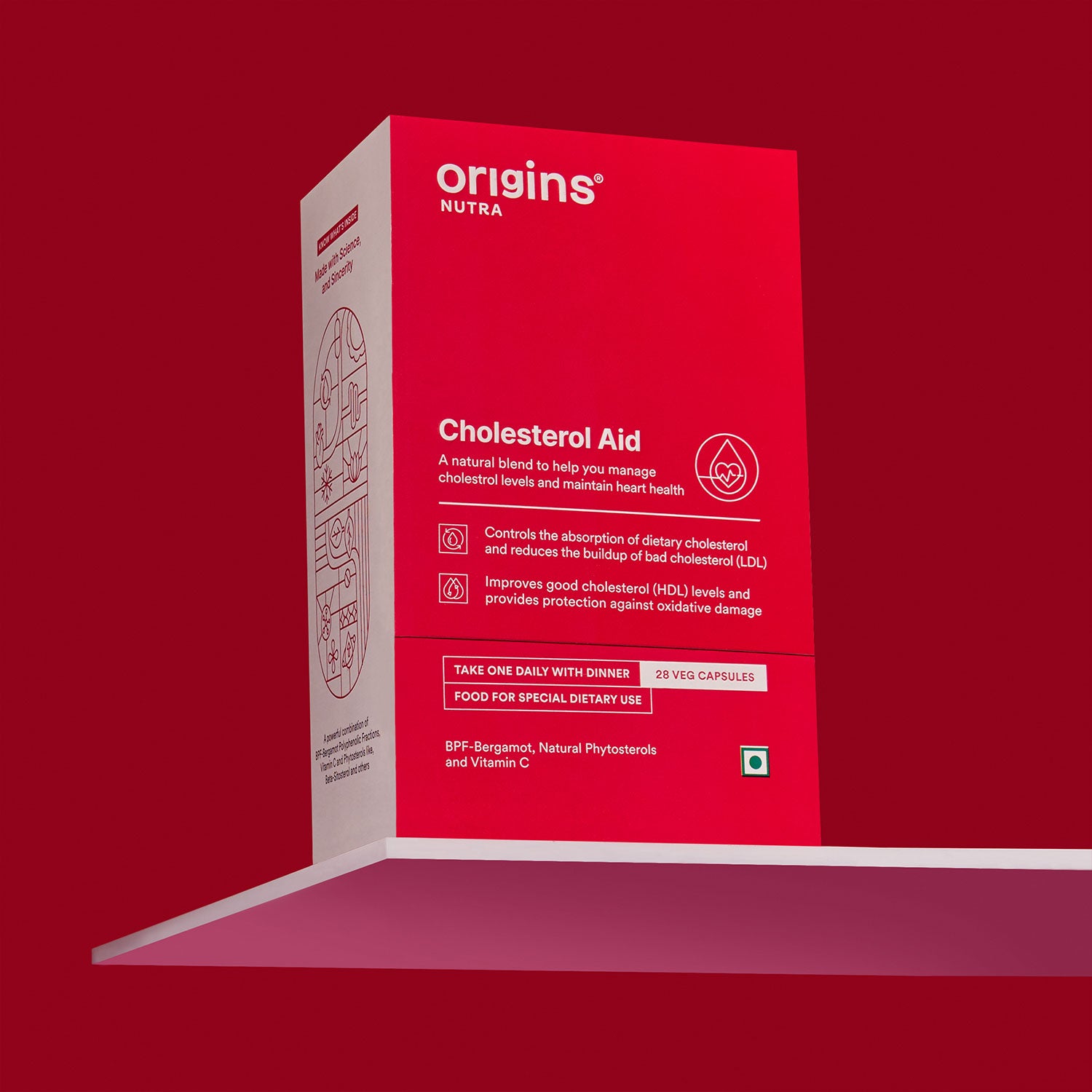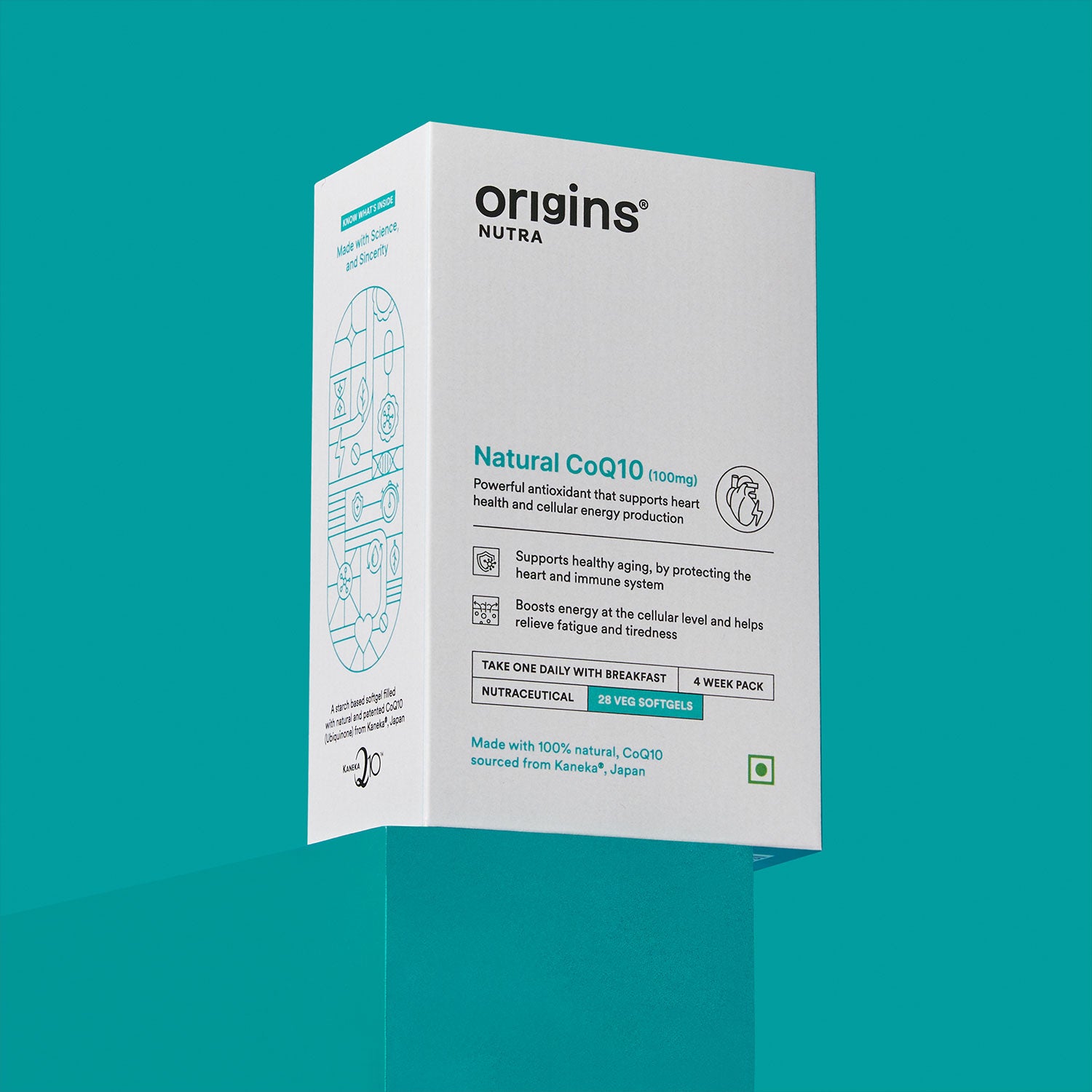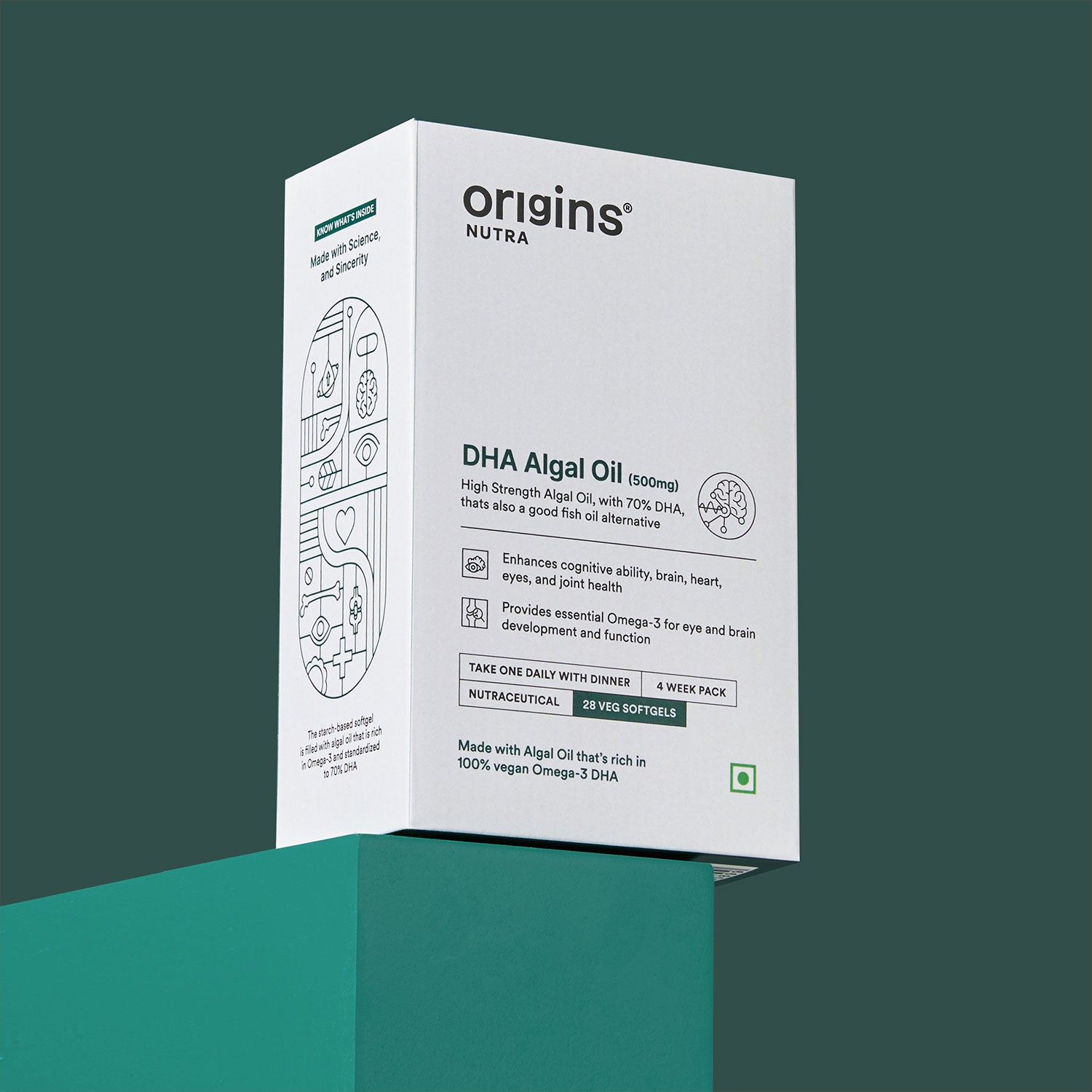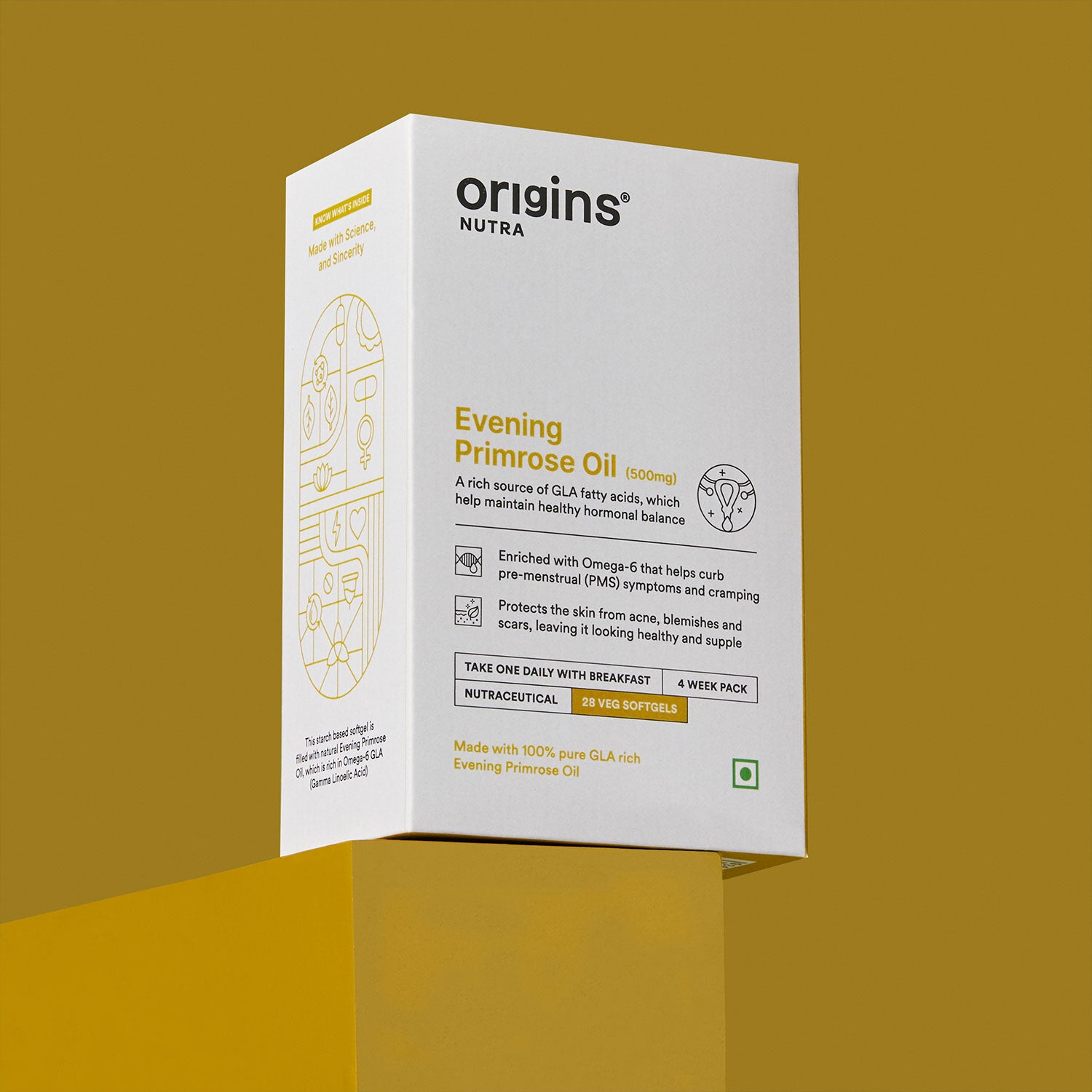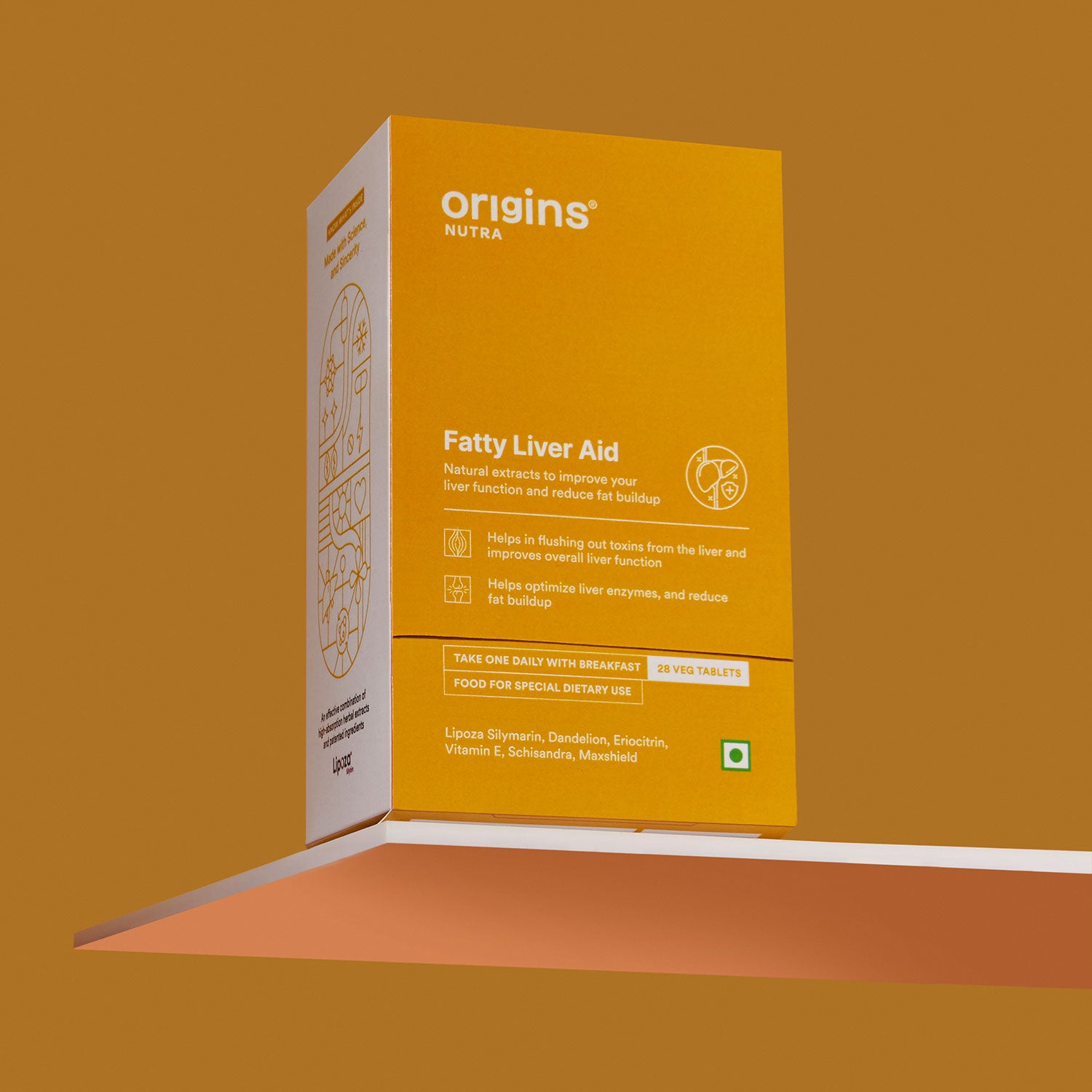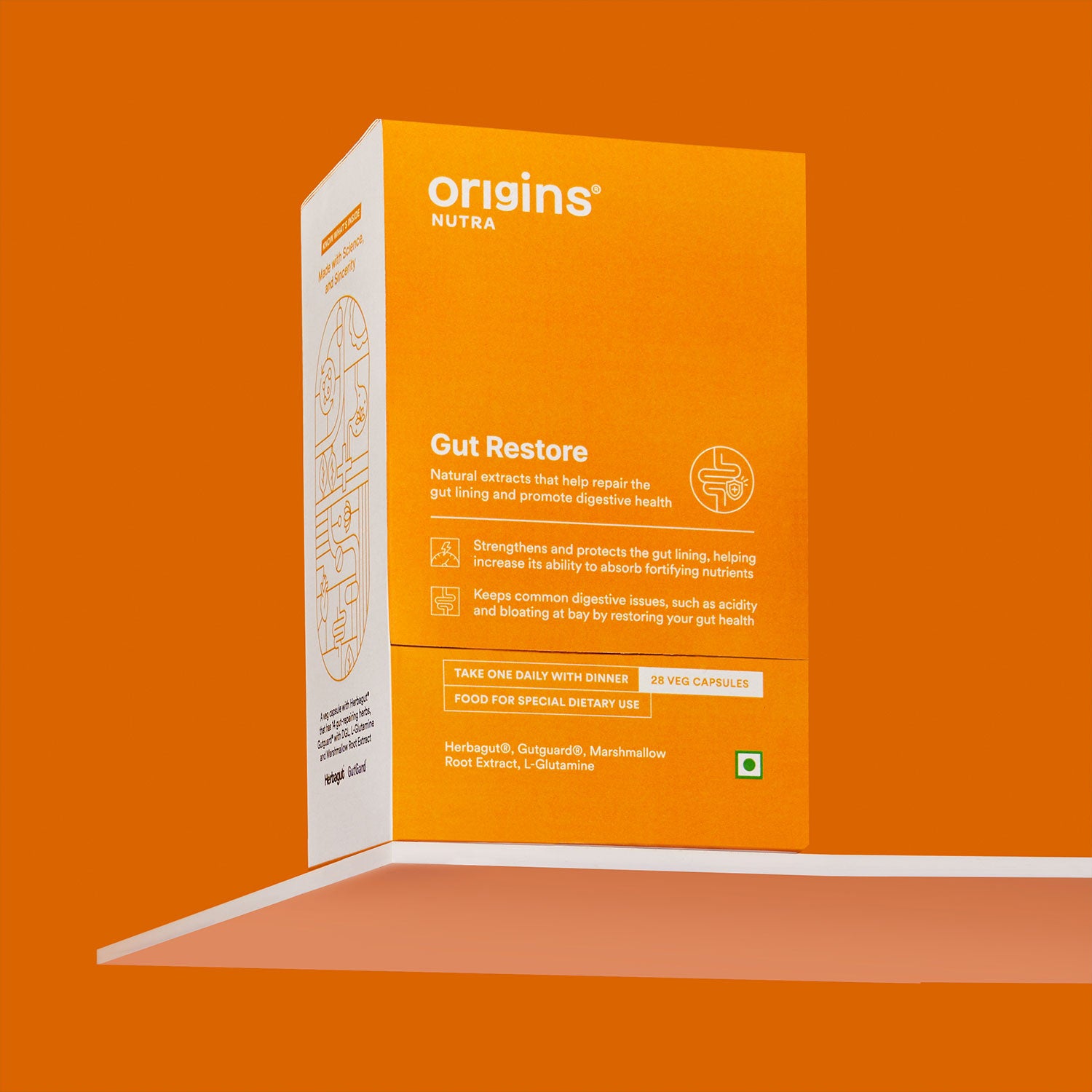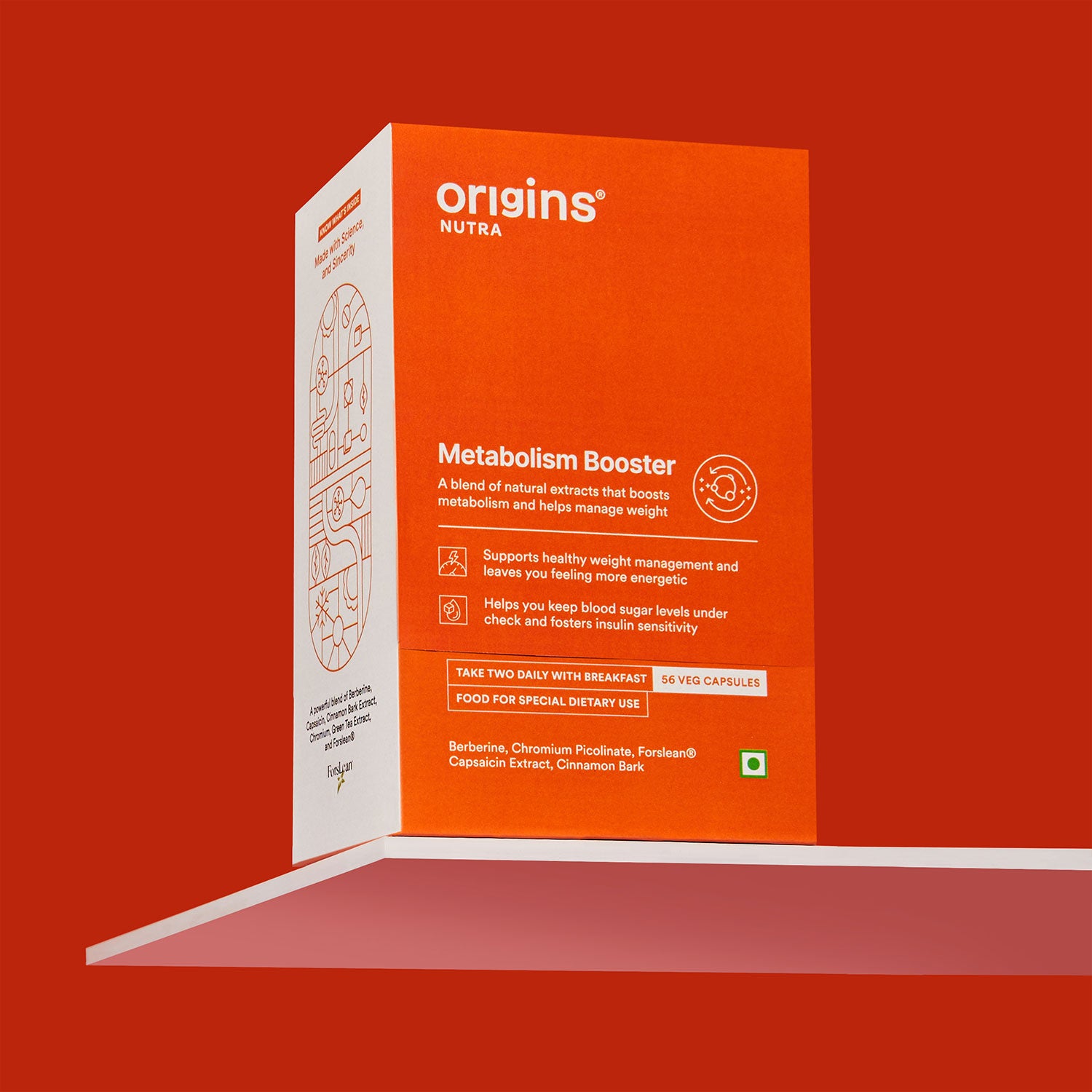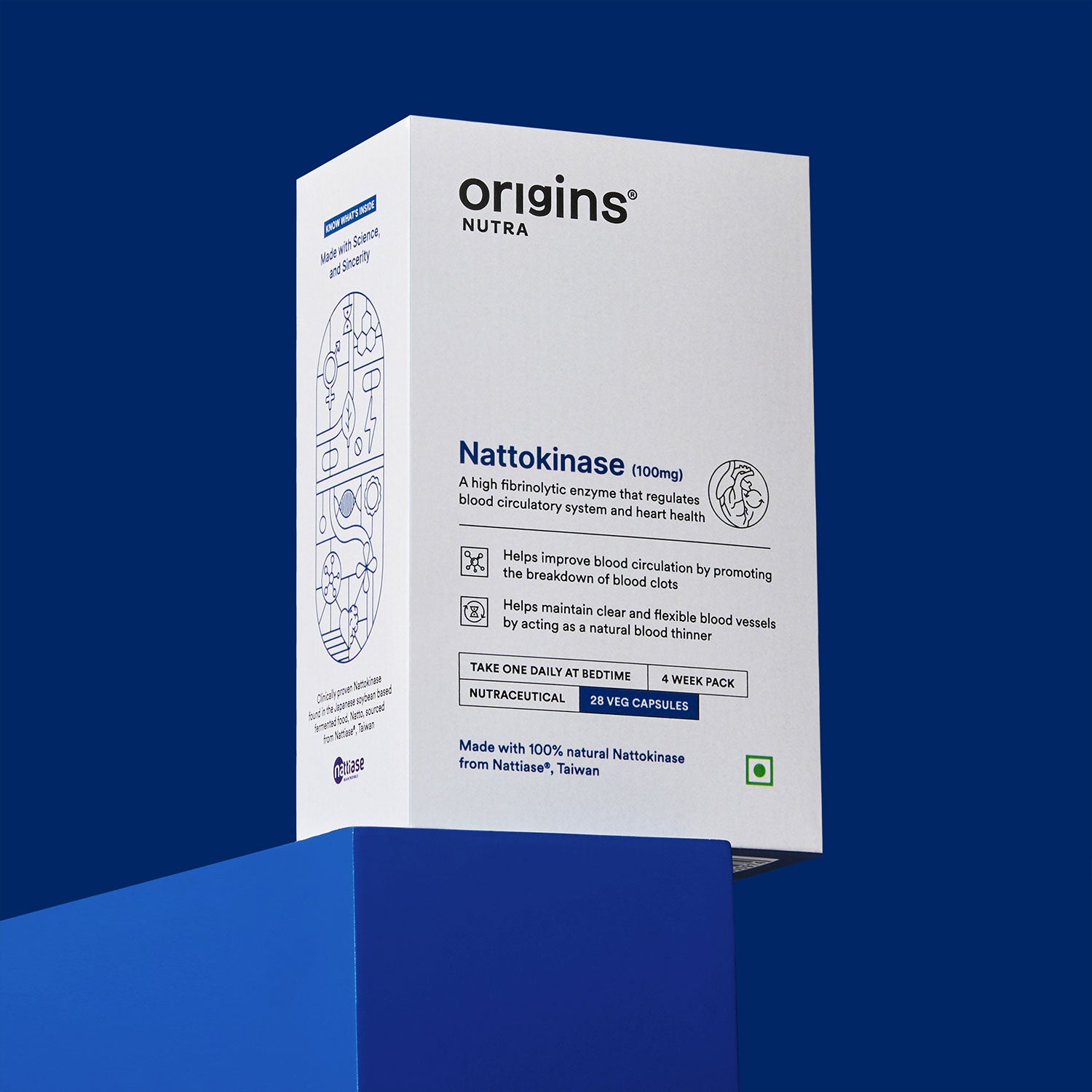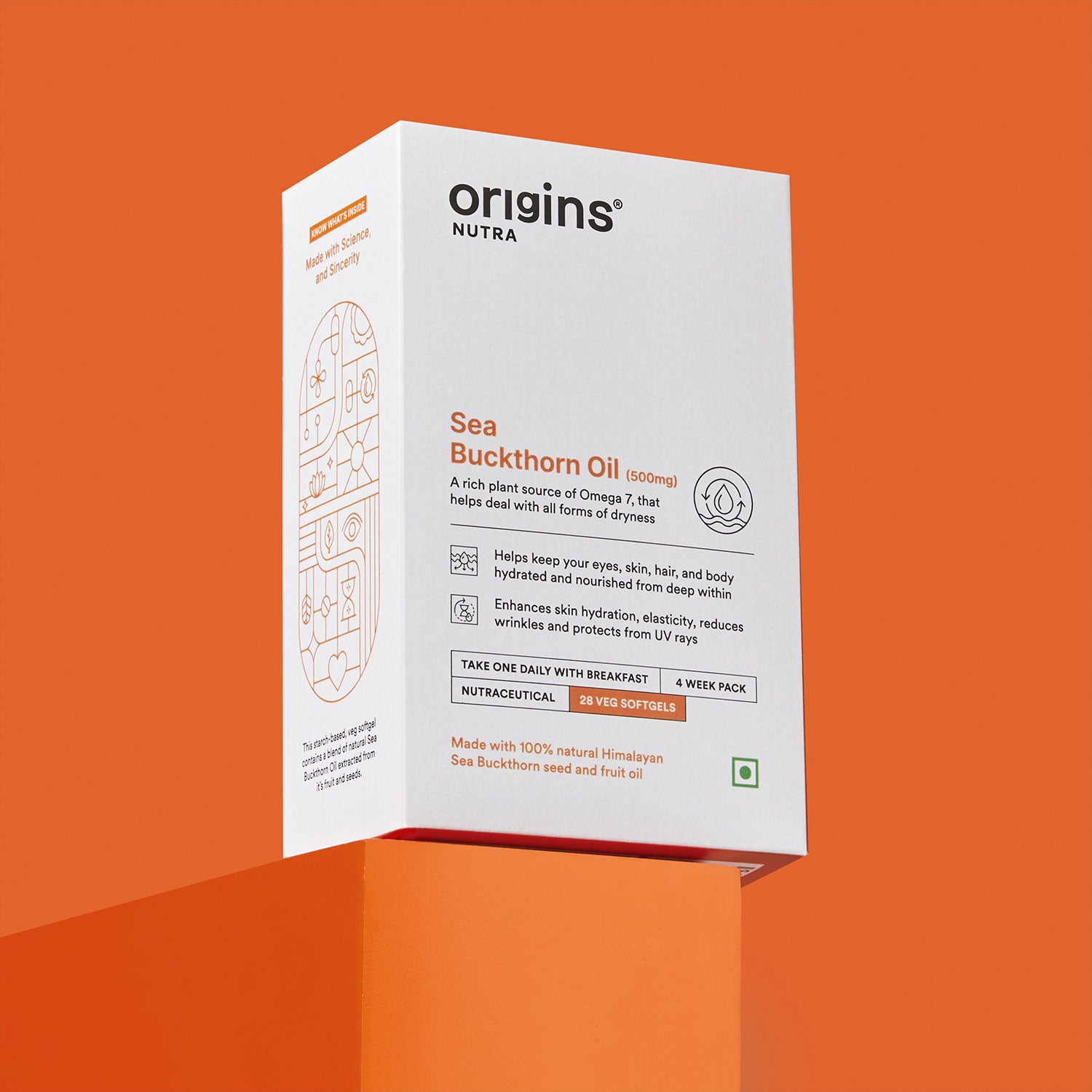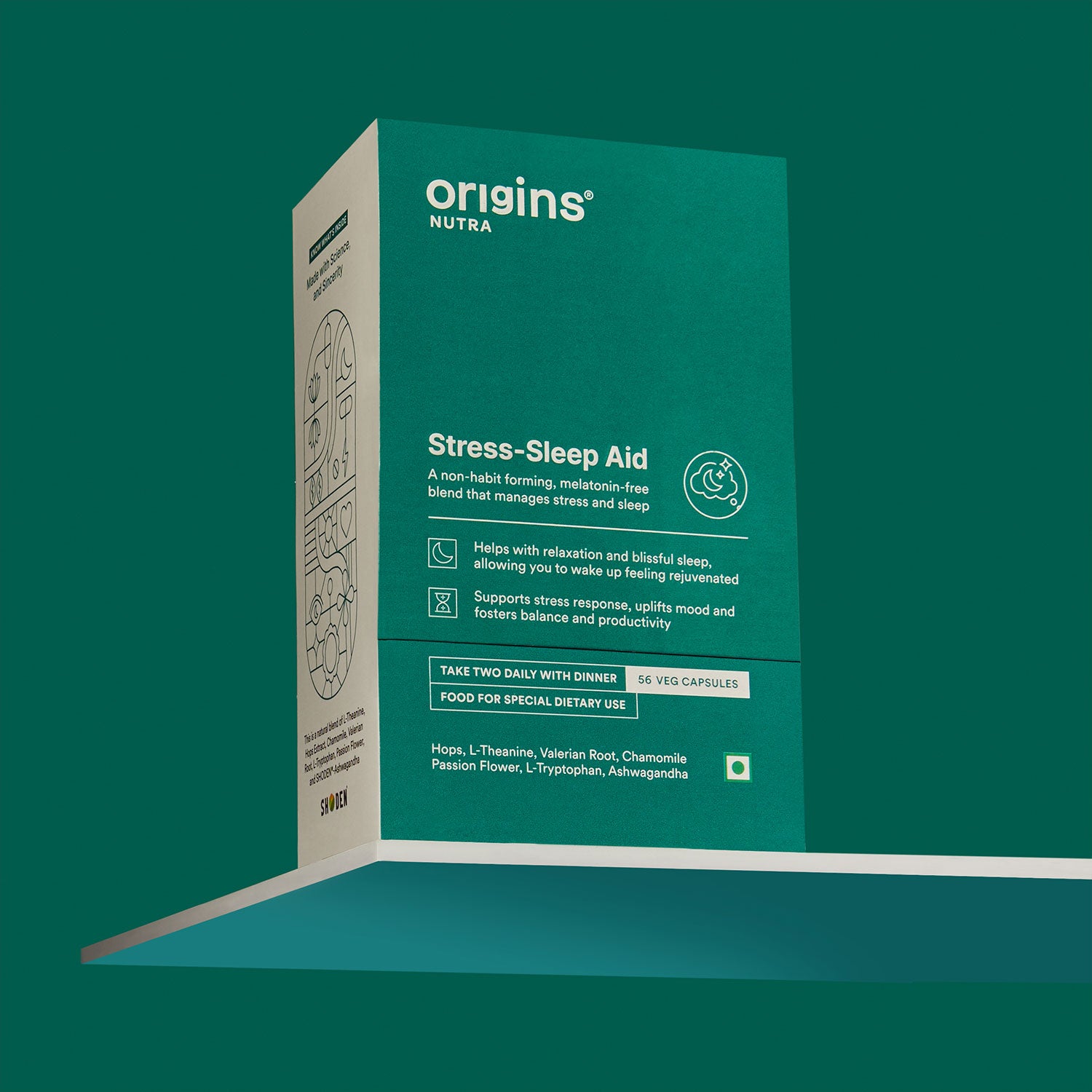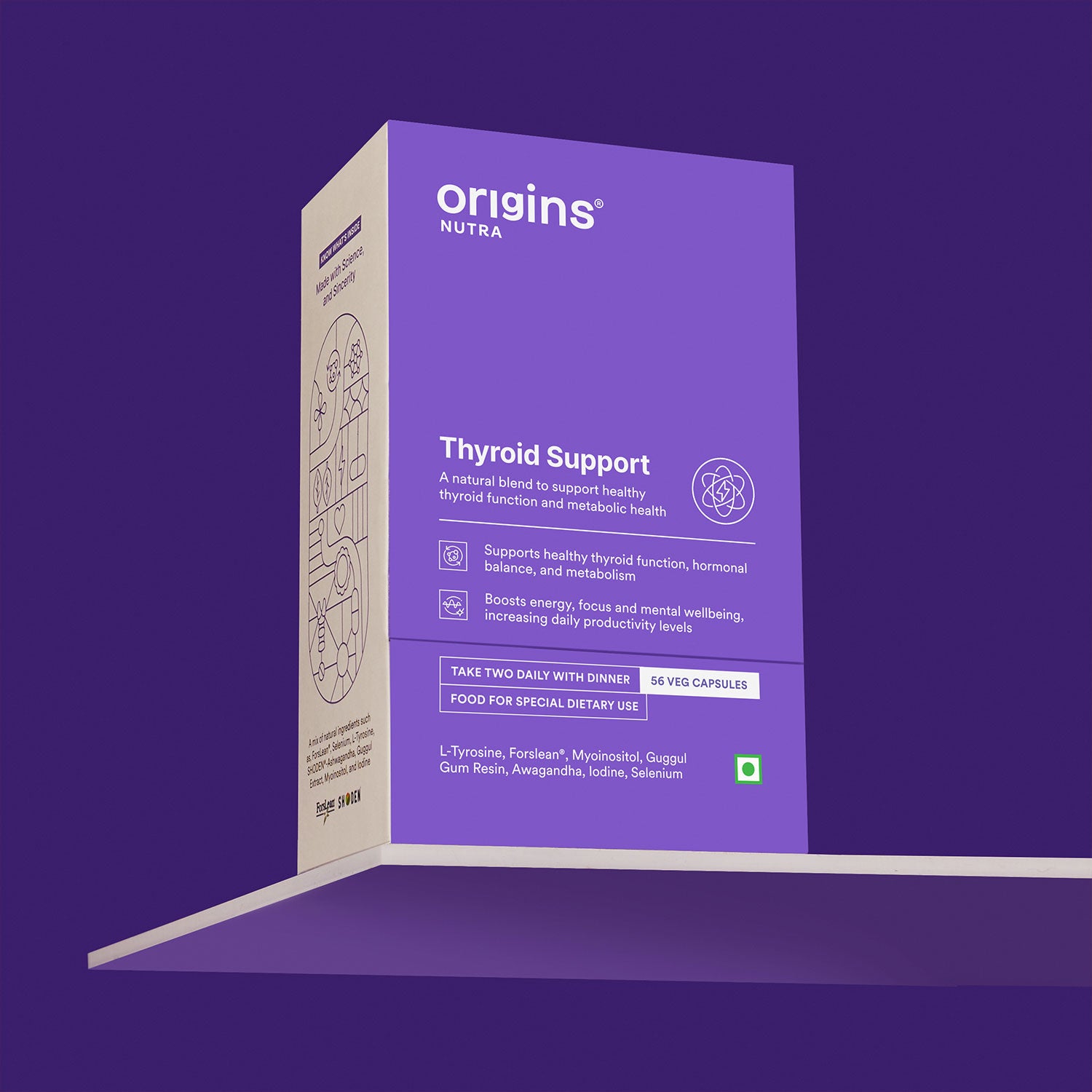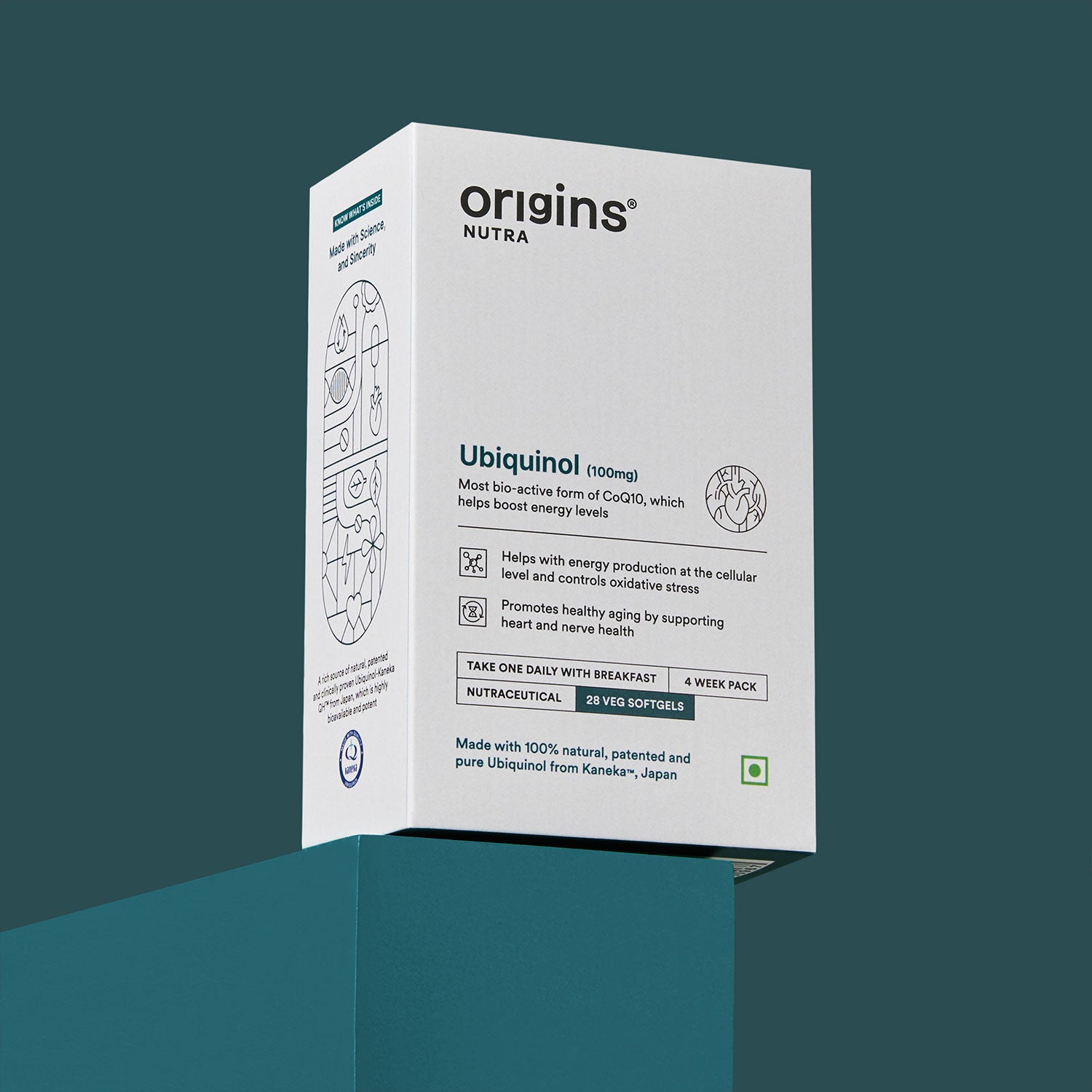The Truth About Supplements That You Should Know!
Some people take 10 supplements a day like multivitamins, calcium, vitamin D, berberine, magnesium, probiotics… the list goes on. And then there are others who say, “No way, I don’t want to take supplements. What if they build up and become toxic?”
Sound familiar? You're not alone. In a world filled with health advice and wellness trends, it’s easy to feel overwhelmed or skeptical about what your body really needs. So today, let’s talk honestly about supplements, what they are, why some people swear by them, and what you actually need to know to make an informed decision.
First, What are Supplements?
Simply put, supplements are neatly packaged combinations of helpful things like vitamins, minerals, amino acids, herbs, and nutrients your body already uses every day. They come in many forms like capsules, powders, tablets, gummies and are designed to support your health beyond what your daily meals might offer.
Think of supplements as your health buddies: they step in when your diet falls short. They’re not miracle pills or replacements for food, and definitely not substitutes for any medications your doctor prescribes. They're just gentle helpers, formulated to fill in the gaps.
“But Why do we even Need Supplements?”
A fair question. You might be eating balanced meals, getting your fruits and veggies, and still feel low on energy or have aches and pains that just don’t add up.
Here’s the thing: Even with a good diet, modern life comes with challenges that can make getting all our nutrients harder than it seems.
-
Soil quality has declined, reducing the nutrition in our produce
-
Food processing and cooking can strip away nutrients
-
Busy lifestyles mean skipped meals or fast-food choices
-
Indoor living affects natural sources, like Vitamin D from sunlight
So no, it’s not about “not trying hard enough.” It’s just that our bodies may need a little support and that’s where supplements can step in, gently.
Supplements have been around Longer than you Think
For centuries, people have turned to food and herbs for healing like turmeric for inflammation, amla for immunity, tulsi for colds.
Supplements are just a modern way to continue that tradition, offering these time-tested ingredients in consistent, convenient, and often more absorbable forms.
The Indian Regulations you should know about
Worried about safety? That’s valid and important.
In India, the Ministry of Health has laid out strict regulations to keep health supplements safe and standardised. These rules cover eight categories of functional foods, including:
-
Health Supplements
-
Nutraceuticals
-
Food for Special Dietary Use
-
Foods with Probiotics & Prebiotics
-
Novel Foods
-
And more
These rules ensure that what you buy is made for wellness and not for shortcuts.
So... Are Supplements Safe?
In most cases, yes.
When taken correctly and under guidance. Just like food, too much of even a good thing isn’t ideal. That’s why we always say: listen to your body, follow the dosage, and speak to a healthcare provider if you're unsure.
It’s not about taking more, it’s about taking what’s right for you.
How & When should I take them?
Some supplements (like multivitamins or Omega-3s) work best with meals. Others (like probiotics) are better taken on an empty stomach. Some people take magnesium at night to relax, while others start their morning with Vitamin D.
There’s no one-size-fits-all rule. Taking supplements is like curating your own playlist, personalised and flexible. The key is to be intentional and informed.
Supplements Work Best with a Healthy Lifestyle
At Origins Nutra, we never promote a magic-pill or quick fix. Supplements work best when they’re part of a bigger picture:
-
Whole foods
-
Deep rest
-
Movement
-
Stress management
-
Patience
It’s this gentle, sustainable approach that brings real change and not extremes overnight fixes.
So, What should you do?
We’re not here to scare you into taking 10 pills a day or to promise miracles. What we are here for is to support your routine, whether you’re just starting with one supplement or curious about trying more.
We believe in balance over extremes, and science that works with your body, not against it. Our role is simple: to offer thoughtfully formulated, kind, and trustworthy support.
So next time you’re wondering,
“Am I getting enough Vitamin D?”
“Why do I always feel so tired?”
“Could magnesium help with my sleep?”
Know that it’s okay to ask those questions. It’s okay to explore supplements. And it’s absolutely okay to take your time figuring out what works for you.
Because your health isn’t a race. It’s a journey. And we’re right here with you, every step of the way.
Still Got Questions? Here Are a Few We Hear Often
1. What are dietary supplements?
Dietary supplements are products designed to add nutritional value to your diet. They can include vitamins, minerals, amino acids, herbs, and other plant-based or functional ingredients. They’re meant to support your body’s needs, especially when modern lifestyles or diets fall short.
2. What are the different types of health supplements?
There are many types, each serving a different purpose:
-
Multivitamins: Cover a broad range of daily nutrients.
-
Minerals: Like calcium, magnesium, iron, and zinc.
-
Herbal Supplements: Like ashwagandha, tulsi, or turmeric.
-
Probiotics & Prebiotics: Support gut health and digestion.
-
Omega-3s & Fatty Acids: For heart, brain, and joint support.
-
Condition-specific blends: Formulated for sleep, stress, immunity, energy, etc.
3. What’s the difference between supplements and food?
Supplements aren’t meant to replace food. They’re more like targeted add-ons. Whole foods offer a range of nutrients, fiber, and antioxidants in their natural form. Supplements simply help fill in gaps, especially when food sources aren’t enough due to soil depletion, food processing, or lifestyle factors.
4. Are supplements safe to take?
Yes, when used correctly. Most supplements are safe when taken at the recommended dose and under guidance. In India, health supplements are regulated by FSSAI to ensure safety and quality. It’s always a good idea to consult a healthcare provider if you have any medical conditions or are on medication.
5. Can supplements be harmful?
While supplements are generally safe, taking too much of certain nutrients, like fat-soluble vitamins (A, D, E, K) or iron, can cause side effects over time. Stick to the recommended dosage and avoid “stacking” multiple supplements with overlapping ingredients unless advised by a professional.
6. Do I really need supplements if I eat healthy?
Even with a balanced diet, modern challenges like nutrient-poor soil, processed foods, irregular eating patterns, stress, and limited sun exposure (for Vitamin D) can make it difficult to meet all your needs. Supplements can offer gentle, daily support where your diet might fall short.

